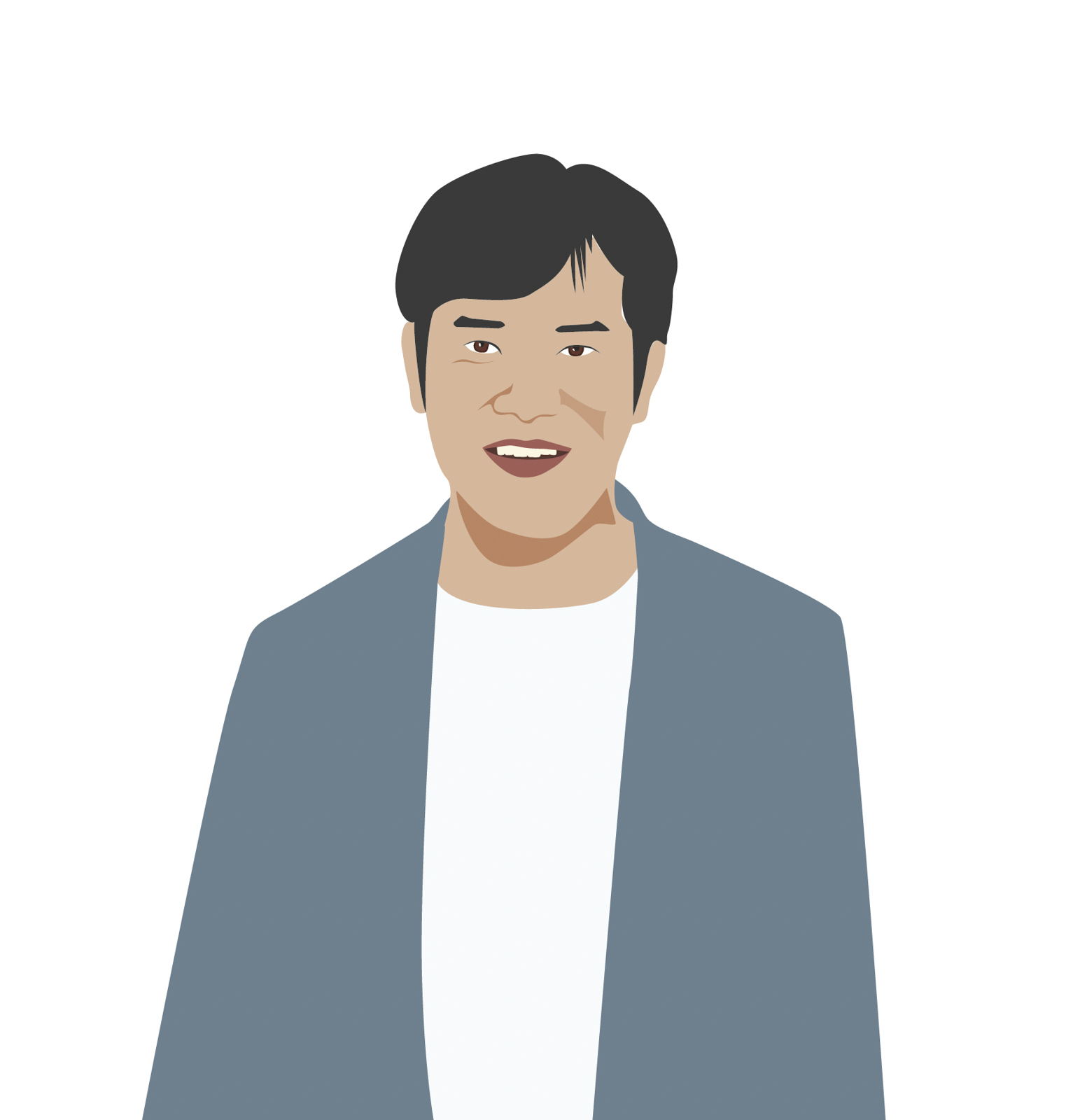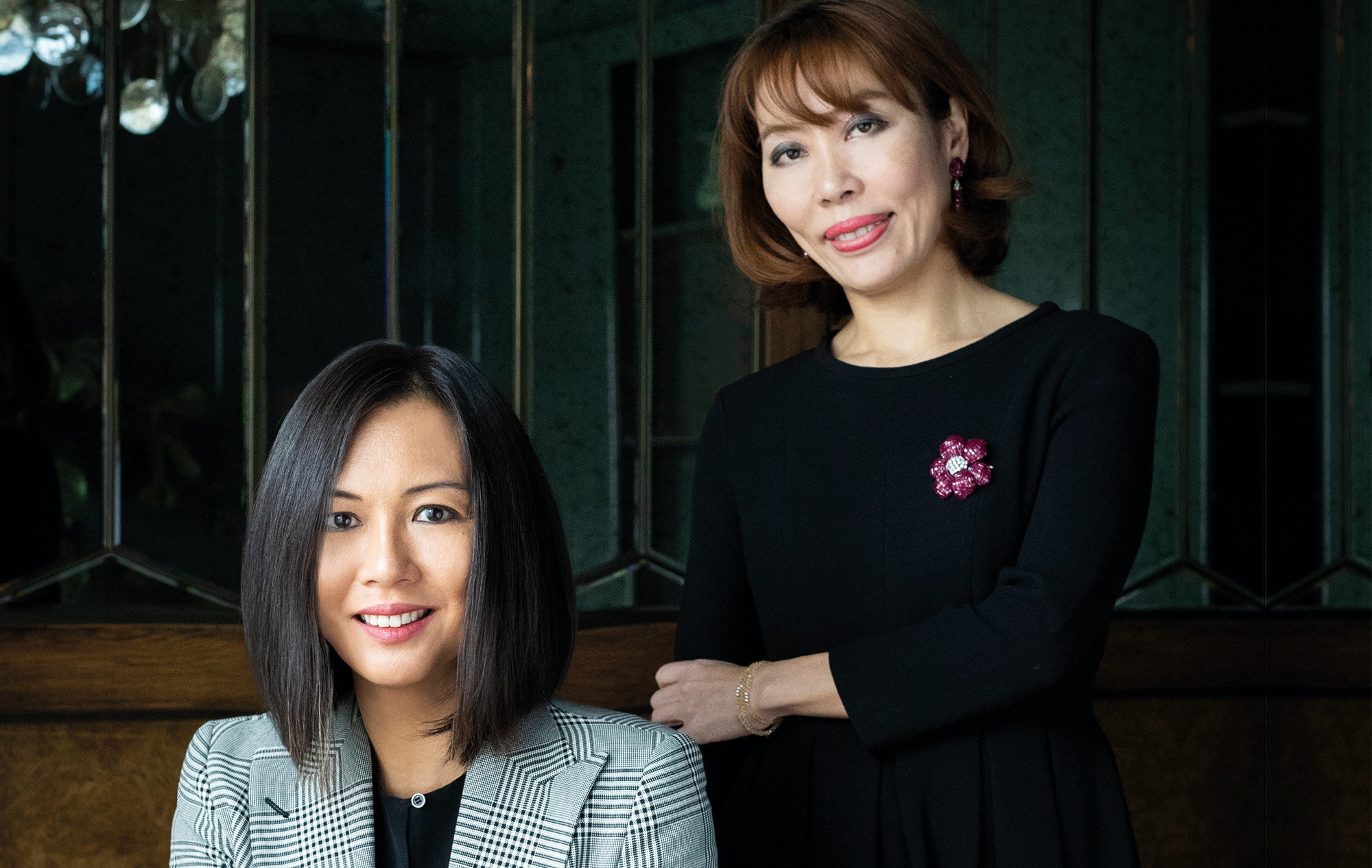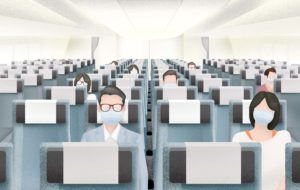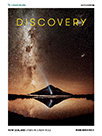It’s Japan’s fastest-growing city. It was number seven on Monocle’s list of the world’s most liveable cities. And CNN says it’s ‘poised to be the country’s Silicon Valley’. Fukuoka is a little city with a growing reputation.
In 2010, Fukuoka got its youngest ever mayor, Soichiro Takashima, who has driven the entrepreneurial scene. Fukuoka already has a growing games industry, but the government wants every vertical. Takashima has said he would like the proportion of startups among all companies to reach 13 percent by 2018; that’s up from 6.2 percent in 2012. His bid to reduce corporate tax to 17 percent – the same level as Singapore’s – could drive this.
Hiroshi Fujiwara, a serial entrepreneur, runs FiSH, a startup conference that debuted last year in Fukuoka. He says government support for startups is a key draw to the city, which hosts seminars for entrepreneurs, issues a handbook on launching a business locally, and provides low-interest loans and low-cost office space.
The opening of the city’s Startup Cafe was a huge boon; and by May this year it had helped 102 startups. Among these are some launched by foreigners, aided by the establishment of the Startup Visa programme in January 2016. The programme offers expat founders six months of support, including fast-tracked admin. Thomas Pouplin and Yasmine Djoudi of Ikkai, a web service connecting students with tasks for pay, were the first recipients. ‘There is a very good follow-up process for any entrepreneurs using Startup Visa,’ says Pouplin. ‘The city tries to connect you as much as possible to make sure you are on the right track for success.’
But there’s still a ways to go. ‘I would personally like to see a more English-friendly environment, so it’s easier for foreigners to travel and do business here,’ says Bianca Yamaguchi of design startup Shikumi. The city is, after all, still not hosting the big hitters of the tech and startup worlds. But the drive is there. Japan’s Silicon Valley it may not yet be, but it is one of the country’s startup stars, and growing brighter each year.

The People: Masanori Hashimoto
A success story beyond Japan
Masanori Hashimoto helps teams collaborate. He is the chief executive of Nulab, a company behind three web-based tools: Typetalk, a work chat app; Backlog, which helps teams track projects; and Cacoo, a diagramming tool that has more than 2.6 million users worldwide.
‘Even better, 89 percent of our users are based outside of Japan, making it a truly international product,’ says Hashimoto. ‘It is rare to find this kind of international success for companies based in Japan.’
Nulab’s success has been hailed not only in Fukuoka but across the country. It was founded in 2004 after a chance meeting between Hashimoto and programmer Toshitaka Agata. The two developed an online bulletin board system together and founded Mobster, a community for learning the Java programming language. A year later, the duo teamed up with Shinsuke Tabata, whose talent was marketing. The newly formed trio collaborated on everything from books to a podcast.
Hashimoto says the key to their success has been thinking beyond their country’s borders from the outset. He advises founders to ‘think of global problems that you can solve. Because of Japan’s declining population, it is important to find business from the global landscape. Don’t limit yourself to Japanese business opportunities. Think globally, act locally.’
Being in Fukuoka, Hashimoto’s hometown, has allowed the team to do exactly that. ‘From our location it is very easy to travel to Taiwan, Korea, Tokyo, and so on.’
He adds that the city has great nightlife, which is ideal for all the socialising required of tech entrepreneurs. ‘It allowed me to meet great people and make great projects as a result, while blowing off steam from the work of the day,’ he says.
The Product: Doreming
An app to spend as you earn
Doreming has a simple but grandiose mission: ‘to reduce poverty and inequality to make a peaceful world’.

The fintech startup is a payroll platform targeting those with little or no access to bank facilities. The company was started as a solution for workers who lost everything in the 2008 financial crisis and had to survive on temporary jobs. It provides basic financial services via mobile phone; but crucially it also lets users access a percentage of their monthly salary every day.
This means those living hand-to-mouth do not have to wait until pay day for money and are therefore less likely to go into debt. They can simply clock in and out of work with the app, which uses NFC technology, QR codes and SMS texts. The app also has an in-built payment system that can be used to buy goods in supermarkets and other stores. As founder and chief executive Masahiro Takasaki said to tech site The Memo: ‘Technically, it’s an interest-free loan from the retailers you shop with, and they get paid by your boss at the end of each month.’
The service has won a place on KPMG’s FinTech100 list of disruptive and enabling tech startups, and it will collaborate with Japan’s Seven Bank starting this autumn. Doreming’s 30-person team has now expanded from the HQ in Fukuoka to occupy offices in London and San Francisco.
What to watch
Go-to hub
Fukuoka Growth Next is a startup support facility that has set itself the task of creating a unicorn – a company with US$1 billion valuation – in Fukuoka. It hosts meet-ups, pitch contests and mentoring sessions, and helps entrepreneurs attract capital and build teams.
Move to the beat
Kagura is a digital musical instrument that allows users to create and perform music without touching anything. It works by responding to users’ motions and only requires a computer and a camera.
Know your air
Skydisc makes sensors that collect environmental information including temperature, humidity, carbon dioxide levels and particulate concentration. The devices are used by the agriculture industry and can also measure the air in homes or offices.














